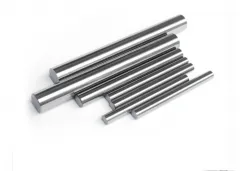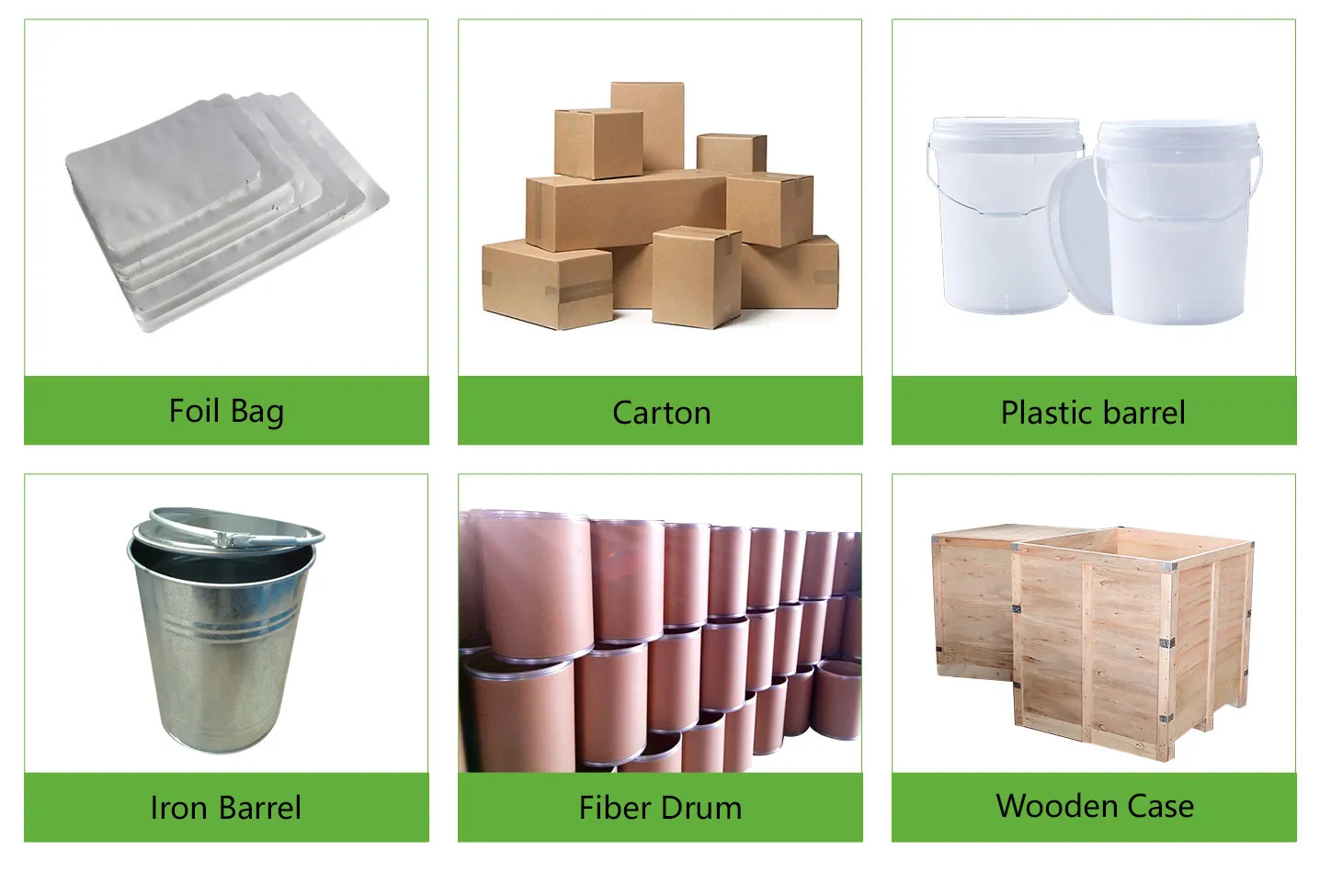Overview of Metal Alloy Powder:
Metal alloy powders are a metal or a combination of metals and one or more other elements. Such as 304 stainless steel, Monel, 316 stainless steel, shape memory alloy, etc. In practical applications, alloy composition is usually measured by mass percentage, while in basic scientific research, alloy composition is usually measured by atomic fraction. Metal alloy powders are generally classified as substitutional alloys or interstitial alloys, depending on the arrangement of atoms forming the alloy.

Applications of Metal Alloys:
Metal alloy powders are used because they often have enhanced chemical or mechanical properties. Alloying elements can be added to metals to increase certain properties such as strength, hardness, corrosion resistance, machinability, etc.
Company profile
Synthetic chemical has been dedicated to Metal Alloy Powder for ten years and is a professional company with supply and marketing integration. The company has a professional technical department and quality supervision department, a well-equipped laboratory with advanced testing equipment, and an after-sales customer service center.

Storage conditions
1) Maintain a dry area at the temperature of room.
2) Avoid high and damp temperatures.
3) Utilize immediately following the opening of the bag inside.
Payment methods
L/C, T/T, Western Union, Paypal, Credit Card etc.
Shipment
By sea, by air, by express, as customers request.

FAQ:
Q1:
What is metal alloy powder?
Re:Metal alloy powder refers to a powdered substance formed by alloying one or more metal elements. Such powders are usually less than 1mm in size and include single metal powders, alloy powders, and powders of certain refractory compounds with metallic properties. It is the primary raw material of powder metallurgy, has excellent physical and chemical properties, and can be prepared by a variety of methods, such as ball milling, gas phase, solvent, and physical vapor deposition.
Q2:
What are the application scenarios of metal alloy powder?
Re:Electronics industry: In the production process of electronic devices, metal alloy powders can be used as conductors, resistive materials, and magnetic materials. For example, alloy powder made of copper powder and aluminum powder can be used to make high-temperature superconductors, which can replace copper wire.
Biomedical: Metal alloy powders also have a wide range of applications in the biomedical field. For example, titanium, tantalum, zirconium alloys, and other materials in the field of biomaterial manufacturing can be made into powder form to manufacture medical devices such as bone and dental implants. In addition, metal alloy powder can also be used in the manufacture of medical devices and surgical tools.
Materials science: Metal alloy powder can be used as a base material for advanced materials, such as superalloys, cermet, etc.
Metallurgical and mechanical industry: Metal alloy powders also have critical applications in the metallurgical and mechanical industry, where they can be used in the production of refractories, cermet, coatings, welding rods, metal adhesives, and pressure sensors.
Q3:
What are the advantages of metal alloy powder?
Re:High strength and hardness: Metal alloy powder, after sintering heat treatment and other processes, can obtain high strength and hardness of the material, suitable for withstanding heavy loads and high-speed movement of mechanical parts.
Good wear resistance and corrosion resistance: Many metal alloy powders have good wear resistance and corrosion resistance, suitable for use in harsh environments.
High specific surface area: Metal alloy powder has a small particle size, so it has a high specific surface area, which enhances its surface activity and reactivity, making it easy to react with other substances, thus having a wide range of applications.
High reactivity: Metal alloy powder can react quickly, and the reaction is more thorough. At the same time, its response also creates other chemicals, which makes it very important in the electronics industry, biomedicine, and materials science.
Excellent physical properties: In addition to high specific surface area and high reactivity, metal alloy powder also has many other physical properties, such as magnetic and electrical conductivity. These properties make metal alloy powders widely used in many fields.
Q4:
What are the chemical properties of metal alloy powder?
Re:Oxidation-reduction is one of the important chemical properties of metal alloy powders. Some metal powders, such as copper, nickel, cobalt, etc., can be oxidized in the air, and an oxide film is formed on the surface. However, there are also some metals, such as silver, tin, etc., whose oxidation process is relatively complex. This oxidation-reduction property determines the stability of metal alloy powder in a specific environment and the possible chemical reaction.
The chemical stability of metal alloy powder is also an essential aspect of its chemical properties. This relates to the resistance of the powder to various chemical corrosion, as well as its stability in different environments. For example, some metal alloy powders may have excellent corrosion resistance, allowing them to maintain their properties in harsh environments.
Metal alloy powder also can react with other substances. This reactivity may be affected by many factors, such as powder composition, particle size, surface state, etc. For example, some metal alloy powders may react with acids or bases to form new compounds or change their original physical and chemical properties.
Q5:
How do the chemical properties of metal alloy powder affect the material?
Re:The chemical properties of metal alloy powders determine their stability and durability in different environments. For example, some metal alloy powders may have excellent corrosion resistance and be able to maintain their properties in harsh chemical environments for a long time, which is very important for manufacturing parts that need to withstand chemical corrosion.
The chemical properties of metal alloy powders also affect their compatibility and ability to bond with other materials. For example, when making composite materials, the chemical reaction of metal alloy powder with other materials may affect the properties of the composite. If the chemical reaction between the two materials is too violent or incompatible, it may cause the performance of the composite to decline or fail.
The chemical properties of metal alloy powder also affect its processing and forming properties. For example, some metal alloy powders may have high activity and reactivity and need to be processed and initiated under specific conditions to avoid adverse reactions or affecting material properties.


